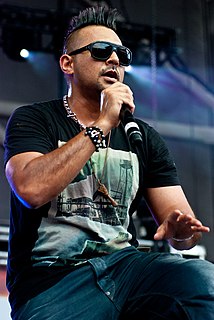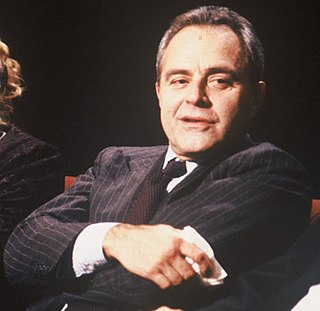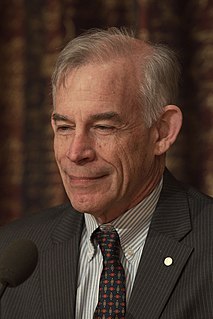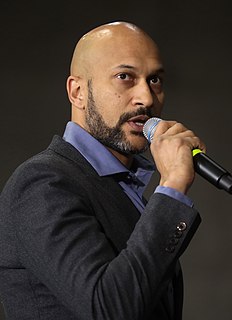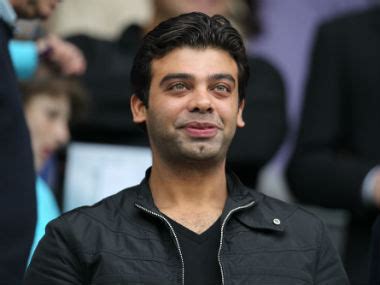A Quote by Sean Paul
I know some very political people who rap, and they say very political things and they'll never get a deal.
Related Quotes
For me, what is political is very personal. Politics are not this abstract idea. Laws are the rules that dictate how we live our lives. What we eat is political. How we dress is political. Where we live is political. All of these things are influenced by political decision-making, and it's important to be part of the process.
Rap has so many possibilities that need to be explored. There are different factions of rap, but some are in a rut. Rap doesn't have to be about boosting egos and grabbing your crotch and dissing women. There's a way to make political and social issues interesting and entertaining to the young rap audience.
What I'm talking about is both political and then also extra-political. Because what Donald Trump is doing is not simply to be measured in terms of its political effect. It's the very spiritual uplift of the nation. It's the very tenor and tone, morally speaking, of what this country is about. And so the unleashing of these fierce and ferocious beliefs have a potential impact that is quite deleterious, quite negative, quite destructive. And I think we have to say something.
Some people feel that it's controversial if I say that because my dad is known as a political artist. But I don't really believe that he was a political artist. I think some of his songs were political, and I think they were incredible because he was able to make art that was political and that wasn't pedantic. But I think he was unique in being able to do that.
The parts in which I elaborated on the sexual life of the doctor herself, the personal life, her relation with men [in Memoirs of a Woman Doctor]. All this. They left only some very, very minute parts. And also the political, the political element in it. So in a way, they cut pieces that to my mind were very important.
If libertarianism were easy to explain, and it weren't easy to exaggerate the effects of libertarianism, I think it would have been done already. Many many very intelligent people have applied themselves to crafting an agenda that people could grab ahold of. But the problem of course is that libertarianism isn't political. It is kind of anti-political. It wants to take a lot of things out of the political arena.
People who live in states have as a rule never experienced the state of nature and vice-versa, and have no practical possibility of moving from the one to the other ... On what grounds, then, do people form hypotheses about the relative merits of state and state of nature? ... My contention here is that preferences for political arrangements of society are to a large extent produced by these very arrangements, so that political institutions are either addictive like some drugs, or allergy-inducing like some others, or both, for they may be one thing for some people and the other for others.
